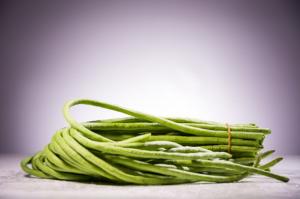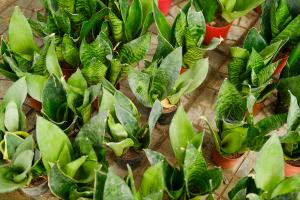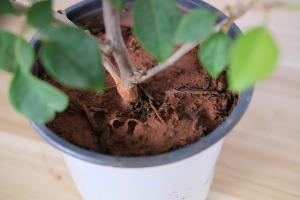Introduction
When it comes to caring for indoor plants, there is a lot to consider. From sunlight and water to soil quality and fertilizer, there are many factors that can impact the health and growth of your greenery. One common question that many plant owners ask is whether or not milk is good for indoor plants. In this article, we will explore the benefits of using milk as a natural fertilizer and examine whether it is a good choice for your indoor plants.
The Benefits of Milk for Indoor Plants
There are a number of potential benefits to using milk as a natural fertilizer for indoor plants. First and foremost, milk contains a variety of important nutrients that can be beneficial for plant growth. Calcium, for example, is an essential macro-nutrient that is needed for strong cell walls and overall plant development. Milk also contains smaller amounts of other important plant nutrients like magnesium, potassium, and nitrogen.
Another potential benefit of using milk on indoor plants is its ability to help prevent certain plant diseases. Milk has been shown to have anti-fungal properties, which can help to protect your plants from common fungal infections like powdery mildew. Additionally, milk may help to discourage pests like aphids and spider mites, which can cause damage and stunted growth in indoor plants.
How to Use Milk on Indoor Plants
If you are interested in using milk as a natural fertilizer for your indoor plants, there are a few things to keep in mind. First, it is important to dilute the milk before applying it to your plants. Using straight milk can lead to issues like bacterial growth and souring of the soil. To dilute the milk, try mixing one part milk with two or three parts water.
When applying the milk solution, it is important to use it sparingly. Over-fertilizing can be harmful to indoor plants, so apply the milk solution no more than once a month to avoid causing damage or burning the roots. You can apply the milk solution directly to the soil or use a spray bottle to lightly mist the leaves and stems.
Conclusion
In conclusion, there are many potential benefits to using milk as a natural fertilizer for indoor plants. Milk contains important nutrients that can help your plants to grow strong and healthy, and may even help to ward off certain diseases and pests. However, it is important to use milk sparingly and to dilute it properly to avoid causing harm to your plants. By following these guidelines, you can experiment with using milk as a natural fertilizer and see how it works for your indoor plants.

 how many times do yo...
how many times do yo... how many planted tre...
how many planted tre... how many pine trees ...
how many pine trees ... how many pecan trees...
how many pecan trees... how many plants comp...
how many plants comp... how many plants can ...
how many plants can ... how many plants and ...
how many plants and ... how many pepper plan...
how many pepper plan...
































